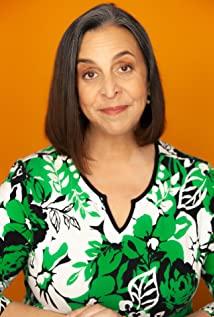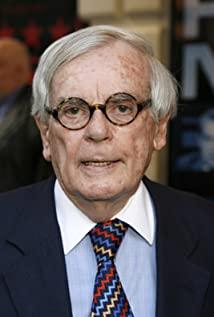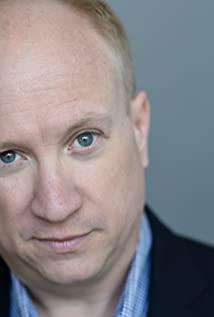(1) Women under oppression
In the mental hospital, only female mentally ill patients can be seen. The movie never mentions that it is a mental hospital that only treats female mentally ill patients. So why are there so many female patients? Are all mentally ill women?
Carol Dexter, the first prostitute to speak to Collins in the mental hospital, said this when she first communicated with her: "...Everyone knows women are vulnerable, they think women are emotional animals, go It doesn't matter, as long as the woman says something that makes them unhappy, he will fucking frame the woman as a lunatic..." Rather than saying that this is the reason why category 12 patients enter the mental hospital, I prefer to believe that It was the situation of American women in the 1930s (and, of course, women elsewhere were not much better). Vulnerability, sensibility, submissiveness... This was the woman in the eyes of men at that time, and it was also the stereotype of women in society.
When it comes to Dexter, she has to mention her identity as a prostitute. After she was electrocuted, she lay on her hospital bed and said feebly to Collins, "I went to the underground doctor to have two miscarriages, and there was no choice, no chance of keeping them, and you have, don't give up." She The helplessness is not only because he has no choice to save the child, but also because he can only go to the underground doctor to have an abortion. As a prostitute, not only is her right to be a mother deprived, but her right to maintain her own health is not even upheld. This is a woman's tragedy.
This oppression from a patriarchal society leads to a woman's revolt, which can be seen in Dexter as well as in Collins. She had this conversation with Dexter:
- "A serious woman shouldn't say such indecent things."
- "Damn it. In this case, it's a decent word."
She thought at first that serious women shouldn't Swearing is also in line with the expectations of society for women at that time. But later, when she faced the doctor's questioning, she directly broke out swear words. Her transformation can be seen as a transformation of women under the oppression of a patriarchal society.
(2) Women in the workplace
Where Collins works, the densely packed mess of operators is all female. That is to say, most of the people who are engaged in the lowest, simplest and most uncreative jobs are women. It's a pity that this was the case so many years ago, and it hasn't changed much now.
When Collins was off work, her boss once said to her: "Just wanted to tell you that I was very shocked, the first time I suggested hiring a female administrator, the boss didn't quite agree with the idea, but you do it as well as your male colleagues. "When a woman's job is as good as a man's, it shocks a man. In the eyes of a man, what kind of working state is a woman originally? When someone suggested hiring a female administrator, the boss disagreed. It is conceivable how difficult it is for women to develop in the workplace.
(3) Other rights of women The
pastor Collins said before visiting prison: "You are about to become the first woman in this state in 30 years who can visit a prison before execution." I think his emphasis should be on "Ms." , because it is a woman, so this matter is worth mentioning, otherwise it should be a common thing; it is also because women have never enjoyed this kind of rights that men can enjoy before, so this matter is worth mentioning carry.
(4) The tacit understanding between women
After Collins left the mental hospital, she helped other women who were not mentally ill in the mental hospital to leave the mental hospital. After Dexter walked out of the door of the mental hospital, instead of running out immediately like the others, she stayed there for a while, looking at Collins and smiling at her. I was moved by this scene for a long time. This is a smile that only exists between women. It belongs to the tacit understanding between women and has nothing to do with anything else.
View more about Changeling reviews











